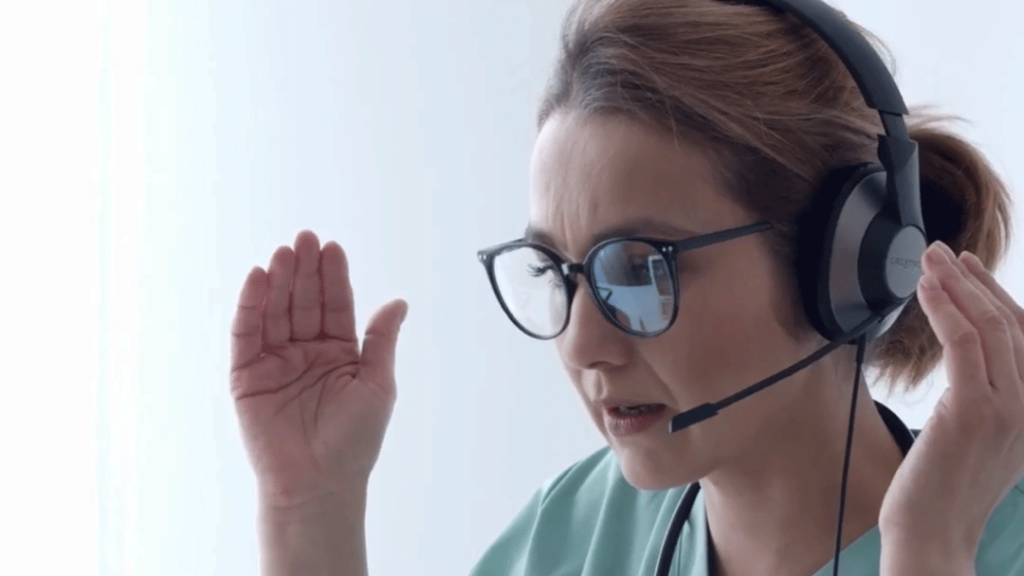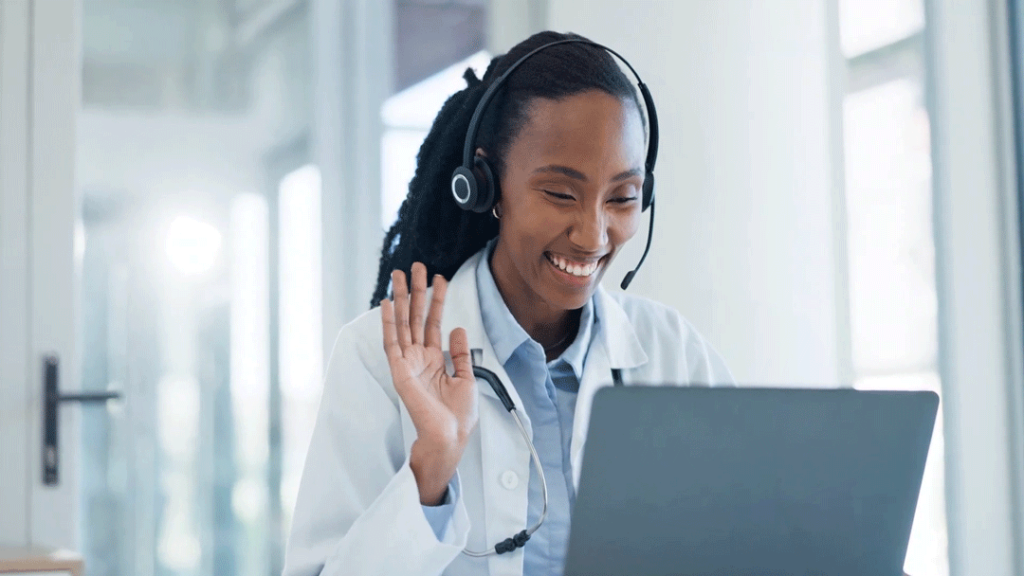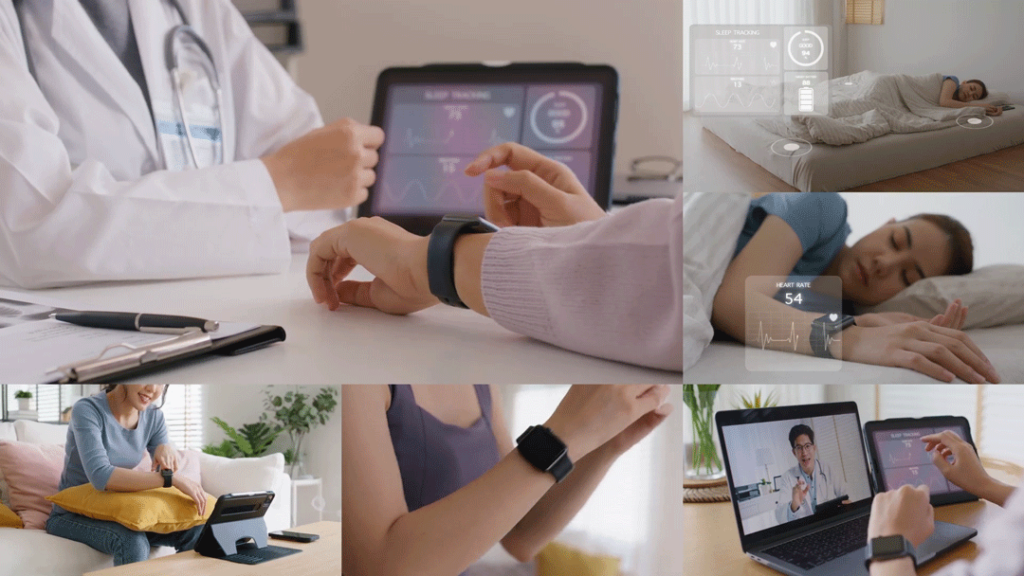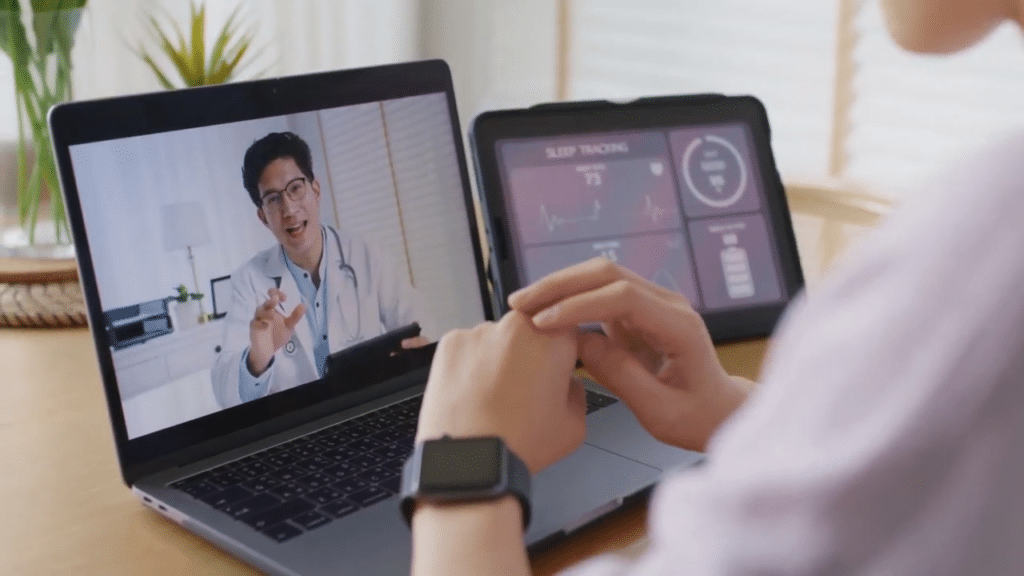
The Benefits of Nurse Triage for Rural Health Care
Do you have patients in rural communities who struggle with access to care? By leveraging telephone nurse triage, your practice can give them professional advice and support that can guide their decisions on when to seek medical treatment. Let’s explore how triage nurses can overcome the typical challenges of rural health care. https://youtu.be/NeFujNbfpA4 Addressing Limited Access in Rural Health Care A large percentage of rural patients have to cope with a lack of available medical facilities. This makes them more likely to delay going to

Press Release: TriageLogic Launches History Assist to Revolutionize Nurse Triage Through Advanced Clinical Documentation
TriageLogic is proud to announce the launch of History Assist, a solution designed to enhance nurse triage accuracy and efficiency. This patent-pending module helps nurses gather thorough patient histories in a structured format that physicians can easily read and evaluate for stronger continuity of care and improved diagnoses. It also ensures that nurses do not miss any crucial information required to properly evaluate each patient. Using proprietary algorithms, History Assist contextualizes the symptoms that patients share with nurses over the phone, guiding those nurses on

Nurse Triage On Call: A Simple Telehealth Solution for Managing Patient Needs
Have you noticed how challenging it is to manage patient calls, particularly after hours? Patients may experience symptoms that require immediate attention, but not necessarily visits to the emergency room. TriageLogic’s Nurse Triage On Call offers a simple telehealth solution that lets practices engage with patients and consolidate their resources at the same time. What Makes Nurse Triage On Call a Simple Telehealth Solution? https://youtu.be/disvCcYumvg Most questions that patients have for their providers can actually be managed by registered nurses, but most in-house RNs are

Doctors Today Are Struggling With Patient Retention: Easy Steps to Keep Patients Engaged With Telehealth Nurse Triage
Doctors and practice managers looking to strengthen patient loyalty and build a thriving practice are finding a shift in patient expectations and, as a result, patient retention. This article reviews some of the common problems with patient retention, and how telehealth nurse triage can overcome them to provide an exceptional patient experience. Not only will these solutions improve patient satisfaction, but it will also help with doctor burnout, which has been an issue since covid. Common Demands from Patients https://youtu.be/vAGtZtADsxc Development of new communication technologies

Essential Nurse Triage Advice for Pediatric Patients During the Summer
Do you have pediatric patients whose parents need help identifying what summertime illnesses their children are experiencing? This article explores heat-related ailments that tend to affect children while outdoors, along with the common — and not so common – symptoms your triage nurses should know about when advising parents. https://youtu.be/w4loYOkjpVs Common Heat-Related Ailments An average child can be vulnerable to the heat because of a higher metabolic rate, smaller surface area on their body, and a lower ability to regulate their own body’s temperature. This

Optimize Patient Care Using RPM and Nurse Triage
As a doctor, you have two priorities to balance: ensuring quality care for your patients, and maximizing revenue for your practice. If those seem like contradictory goals, they don’t have to be. This article discusses solutions to help your team optimize patient care while increasing your revenue. Here are four ways you can use nurse triage and remote patient monitoring (RPM) to achieve them. https://youtu.be/LJOX-6SSaLI 1. Improve Revenue and Patient Outcomes With Remote Patient Monitoring When a doctor implements a remote patient monitoring (RPM) program,

Avoid Delays in Care and Improve Health Outcomes With Nurse Triage Protocols
Are you concerned that too many of your patients are delaying their own care? It could be because they don’t really know how severe their symptoms are. A dedicated nurse triage phone line, manned by RNs who use gold-standard nurse triage protocols, could be the solution you need. Not only does this service lead to improved health outcomes, but it also saves patients (and your practice) a significant amount of money. To understand why nurse triage protocols are so important, we have to start by

Nurse Triage Companies: Why You Need One, and How to Evaluate Them
Does your team have a difficult time keeping up with patient phone calls and addressing patient symptoms after normal office hours? Telephone nurse triage offers a holistic solution to get patients to the appropriate care and reduce your practice’s liability. Let’s review what this service is, and how you can evaluate nurse triage companies to learn which one is right for you. What Is a Telephone Nurse Triage Company? https://www.youtube.com/watch?v=ue28oCLkUfI&feature=youtu.be A telephone nurse triage company provides telehealth services where registered nurses assess patients’ medical symptoms

How to Choose the Right Triage Disposition on Every Phone Call
When patients call your practice for advice about their symptoms, how do you make sure that your nurses give them the correct dispositions for care? For example, when a patient calls for a prescription refill, are they also experiencing symptoms? TriageLogic is developing a new tool for nurses that will guide them through this process so that nurses choose the most appropriate protocols and triage dispositions for patients to receive the best levels of care. Known as Triage Assist, this powerful new module will help

AI in Nurse Triage: Patient-Facing Applications vs. Nursing Solutions
If you’ve been experiencing staff shortages, you may have considered using technology solutions to fill that gap. Often powered by artificial intelligence (AI), these tools tend to fall into two main groups: patient-facing symptom screening, where patients or nonmedical staff can input symptoms themselves; and nurse triage, where nurses have access to modules that can reduce the time it takes to evaluate patient symptoms and document them more thoroughly. Learn why the latter of these is preferable for better patient outcomes. https://youtu.be/sMh_v40zkvU AI in Patient

Streamline RPM With 24/7 Outsourced Nurse Telehealth for Better Care and Increased Revenue
Are your nurses having a hard time keeping up with all of the data recorded by a remote patient monitoring (RPM) program? What about emergency data that comes in the middle of the night, or cases where the patient observes a serious symptom related to a chronic disease? Consider using outsourced nurse telehealth to alleviate this challenge and even generate additional revenue for your practice. Along with dedicated nurses who can evaluate your patient data at a scheduled time, TriageLogic offers a robust RPM program

Are Your Nurses Asking the Right Triage Questions Over the Phone?
Most triage nurses assist patient callers by using protocols, a list of yes/no triage questions that help them gauge symptom severity. But do your nurses struggle to use these protocols in a way that feels natural instead of robotic? TriageLogic offers an interactive, self-guiding module that can cut training in half for new nurses, as well as tools they can use to continue to spot-check their work in real time for patient symptom accuracy. The Challenge After thorough, one-on-one role-playing exercises, even the most enthusiastic

